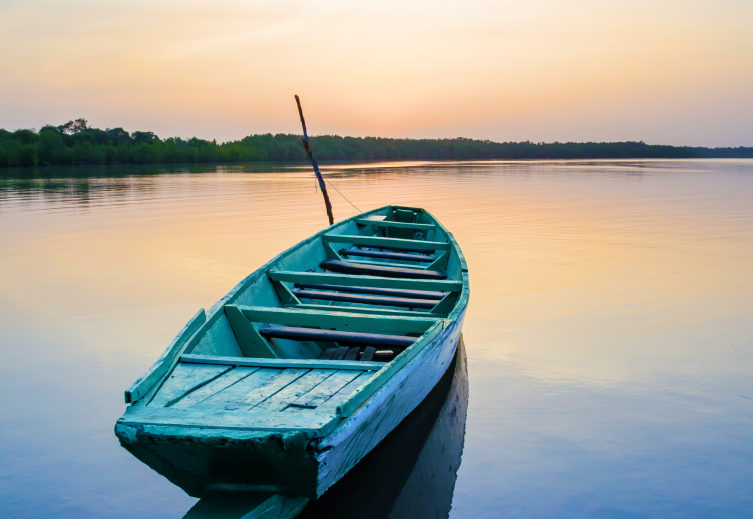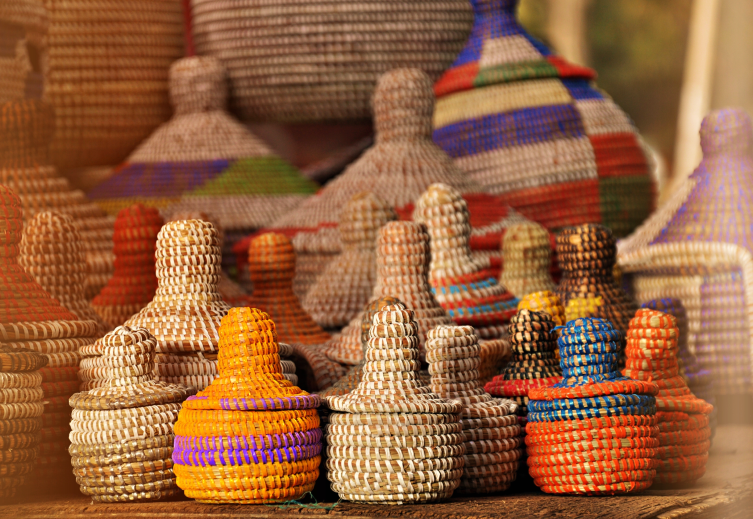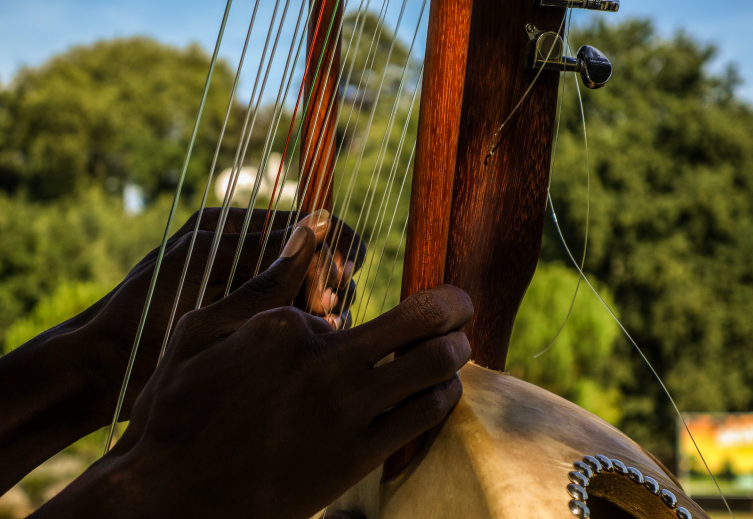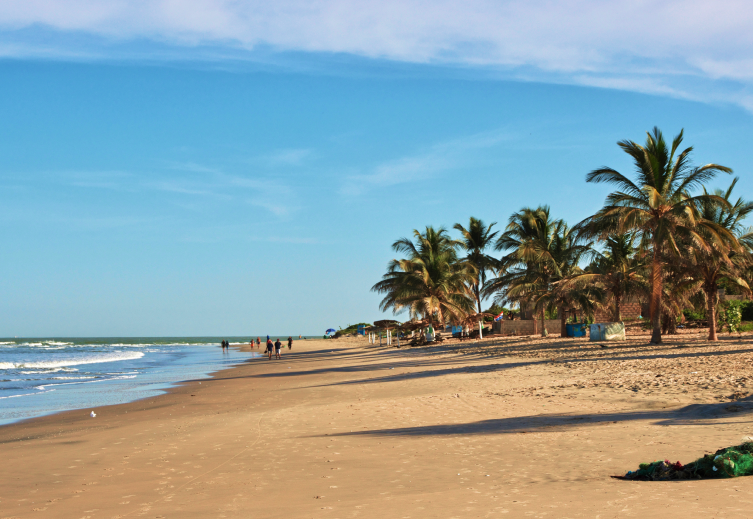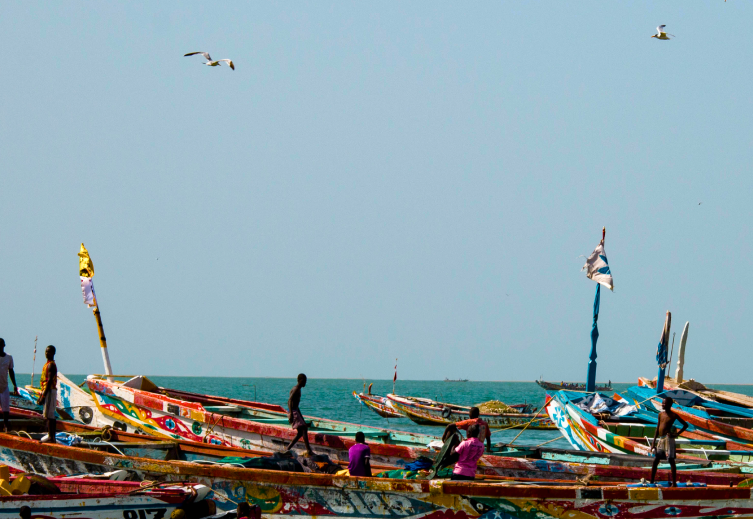
Holidays to Gambia are all about taking things easy, soaking up the sunshine on sandy beaches and taking a closer look at the countryside and incredible wildlife. But, as well as ensuring there’s the classic holiday essentials, it’s always handy to get familiar with the way of life and culture for the country you’re visiting.
Gambians are thought to be super friendly and many speak perfect English as well as at least one local tribal language. In resort areas such as Kotu Beach and Cape Point you’ll find things are quite familiar to you, with beautiful beaches, watersports, and a variety of dining options, but Gambians do have their own culture and social norms to be aware of.
Here’s a guide to Gambian culture and traditions so you can have the best holiday while still respecting and learning about your destination of choice.
Religion in Gambia
While Gambia is around 90% Muslim there is traditionally a tolerance of all religious beliefs – Islam only arrived in the country in the 1800s so there are also hundreds of localised religions. Christianity is the next biggest, followed by those localised, traditional beliefs.
These are generally based on the idea that the land and rocks are alive and that ancestors are always close by, so you’ll often see small shrines with offerings of incense or flowers in rural areas.
Gambian traditions and etiquette
In every country there tend to be certain ways of behaving that are regarded as good or bad and Gambia is no exception. Generally, if you’re unaware it wouldn’t cause too much issue with the locals, but they’re not difficult to be aware of and it’s always appreciated to make the effort.
- Traditionally, it’s the right of the eldest person to greet other people first when you come into contact.
- Conversations in Gambia tend to start with an inquiry of how you are, how your family is and how your day is going – so, even if you just ask a short question, it’s considered polite to start with this.
- Typically, men and women won’t make direct eye contact (particularly women with male elders), so don’t be offended if a Gambian avoids your gaze.
- Hospitality is hugely important in Gambia, being welcomed into a local’s home for servings of food wouldn’t be unusual.
- Gambians are very relaxed about time so it doesn’t run the same way as it does at home and you shouldn’t be surprised if timings don’t match the published schedule. In fact, one joke in Gambia is that GMT (Greenwich Mean Time) actually means Gambia Maybe Time.
- One concept that exists across all tribes in Gambia is the importance of the extended family. This notion of caring for one another and demonstrating respect, particularly to elders, remains an significant concept in Gambian culture.
Traditional gestures
There are a few traditional gestures in Gambia that it’ll pay to be aware of, whether to do or to avoid.
- A thumbs up is a very rude gesture in Gambia, so avoid this completely
- Always use your right hand to shake and accept gifts, the left is considered to be for bathroom activities only
- Hissing or ‘psssst’ is usual and not considered rude to get someone’s attention, even a waiter
- Burping after a meal is considered a compliment and a sign that the food was really good.
Dressing respectfully in Gambia
Gambia is a conservative, predominantly Muslim country, so dressing respectfully (particularly women) is hugely important.
The basic rule would to be to always wear something that covers the shoulders and knees, particularly when travelling around rural areas. On the grounds of your hotel, wearing a bikini will be acceptable, but outside it’s important to cover up.
For men, it would also be respectful to not walk around shirtless as you would at home – it’s actually thought that men that do are mentally disturbed.
Cultural history
Traditionally Gambia is a tribal country with each tribe having its own language and culture, however over time, with inter-marrying and Western influences, the tribal lines have blurred slightly. It’s still common for children to take the tribal identity of their fathers as these ancient tribal roots remain strong and can be seen in ways of dressing and in the rituals of important ceremonies such as weddings. The tribes have typically always coexisted peacefully but the unique differences between them are a huge part of Gambia’s cultural diversity.
The 6 primary tribes are:
- The Mandinka: The largest ethnic tribe in Gambia and is traced all the way back to the Mali Empire (13th to 17th Century). The Mandinka follow Islam and have a huge focus on agriculture and cultivating crops.
- The Fula: Traditionally, the Fulani people were cattle herders and nomads, but today most have settled and are in farming. They have a very distinct social structure made up of nobles, artisans and captives, and like the Mandinka, closely follow Islam.
- The Wolof: Engaged in trade and craft, the Wolof tribe tend to live in the urban areas and come from The Wolof Empire that ruled parts of Senegal and Gambia until the 19th Century. The Wolof language is still spoken in parts of Senegal and Gambia today and is widely understood.
- The Jola: The Jola people have a significant presence in Gambia, inhabiting the rural and forested areas where they raise livestock and grow crops. Their deep appreciation and love for their land and environment is reflected in their animalist beliefs and practices.
- The Serahule: Also known as the Soninke, the Serahule tribe is one of the smallest in Gambia despite being linked to the trans-Saharan trade that dominated Gambia. They still maintain their reputation for trade, particularly salt and gold, today.
- The Serer: Famous for their historical knowledge and preservation of folklore, the Serer tribe are usually found in small numbers across Gambia, but more predominantly in Senegal. They practice farming and fishing and are known for their elaborate traditions in death.
Whether you’re just looking for a few facts about the culture in Gambia, or you’re getting prepped for a holiday to Gambia, we hope this has helped.
If it’s inspired you to adventure and find a holiday deal to Gambia – we’ve got plenty! Check our our holiday deals to Gambia today – we’re sure you’ll be impressed.

